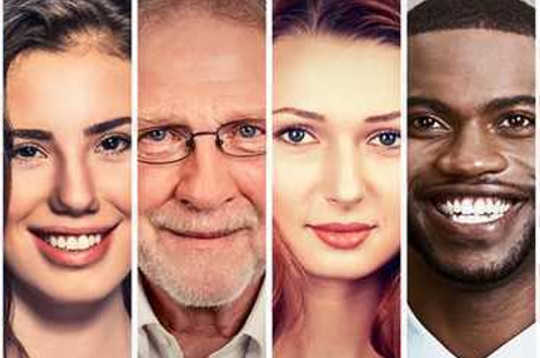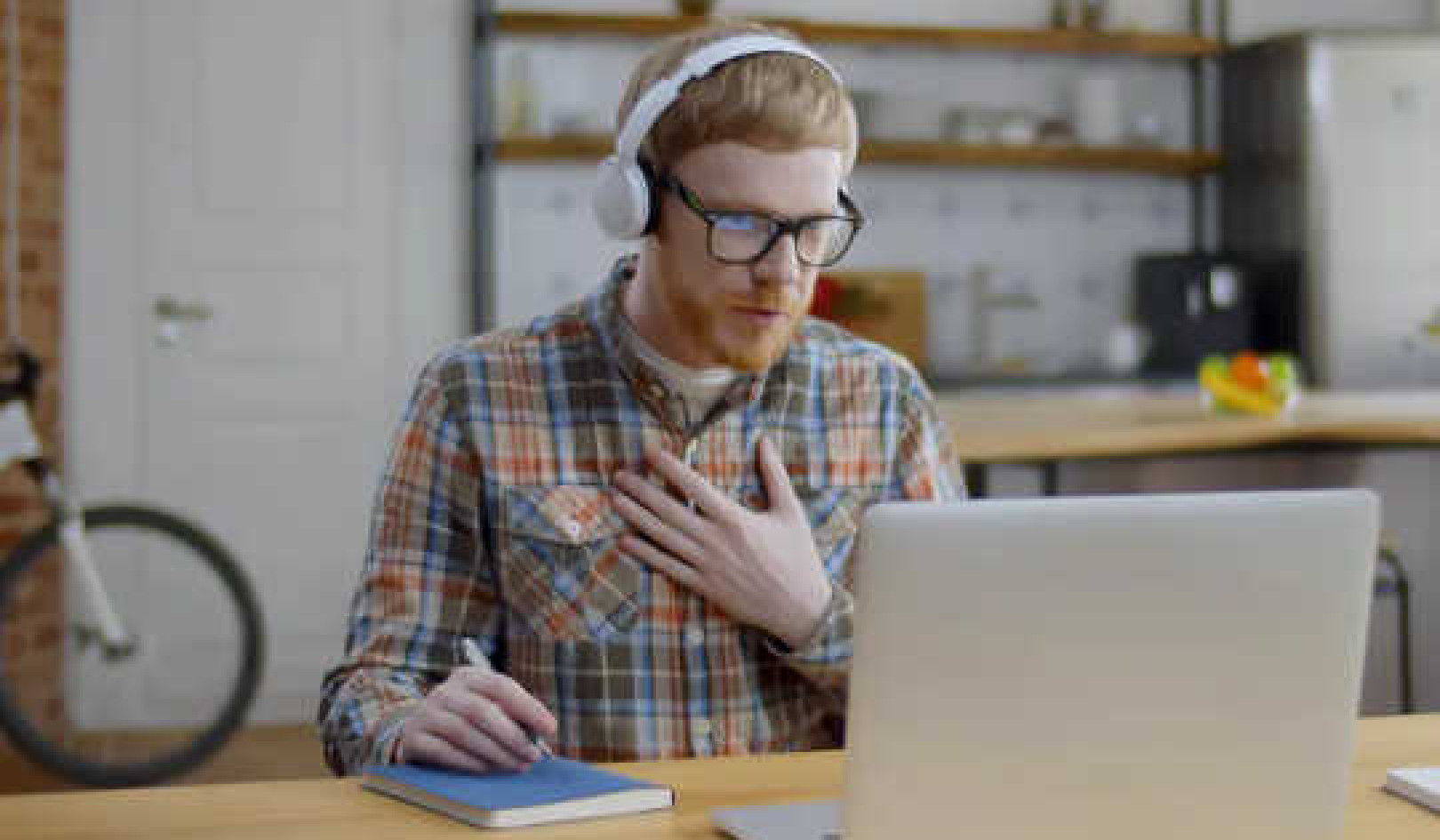Although most of us can distinguish between and remember hundreds of different faces, some people are better at it than others. “Super-recognisers” can accurately identify faces even when they have only seen them briefly previously. At the other extreme, “developmental prosopagnosics” are significantly impaired at recognising faces in many everyday situations.
For the majority of us though, our face recognition ability falls between these extremes. But why are there such huge individual differences? How do these abilities affect us and where do they come from? Psychologists have started to investigate such questions, and found several answers. For example, we have discovered that it is linked to personality.
Face recognition differences may reflect processing or structural differences in the brain. For example, people with prosopagnosia may have reduced connectivity between brain regions in the face processing network.
Another idea is that face recognition ability is related to other more general cognitive abilities, like memory or visual processing. Here, though, findings are mixed. Some research supports a link between face recognition and specific abilities like visual processing. But other research has discounted this idea.
Yet another possibility is that individual differences in face recognition reflect a person’s personality or their social and emotional functioning. Interestingly, face recognition ability has been linked to measures of empathy and anxiety.
Empathy reflects a person’s ability to understand and share the feelings of another person. In 2010, researchers asked volunteers to try and remember the identity of a number of faces presented one at a time. They were later presented with the same faces mixed together with new faces and were asked to state whether each face was “old” (learnt) or “new”. The performance was measured by the number of learnt faces correctly identified as being familiar. The researchers found that those who rated themselves as high in empathy performed significantly better at a face recognition memory task than those with low empathy skills.

Actor Brad Pitt struggles to recognise faces. taniavolobueva/Shutterstock
Research has also found that people who report significantly lower levels of general anxiety have better face recognition skills than those who are have higher anxiety.
Interestingly, more recent research has suggested the link between anxiety and face recognition ability may be more prominent for women, and may be particularly related to anxiety in social situations (social anxiety).
Situational anxiety may also play a role. For example, face recognition may be impaired when an eyewitness is asked to try and identify the face of a suspect viewed in a stressful situation.
Personality
In our own work we have considered the relationship between extroversion and individual face recognition ability. Extroverts are known to be superior at decoding social information and to be more involved in social activities than introverts. It may therefore be that extroverts are more skilled at recognising different identities.
In a previous study, researchers collected data from a group of 20 highly extroverted and 23 highly introverted volunteers (from an original sample of 339 volunteers). They found that extroverts performed significantly better in a face recognition memory task compared with the introverts.
In our own work we looked at 100 volunteers with a range of extroversion levels. The volunteers were shown famous faces and were asked to try and identify them by giving their name or some other identifying information.
Volunteers were also asked to say whether two unfamiliar faces belonged to the same person or different people – a task dubbed face matching. While there was no relationship between extroversion and face matching, there was a positive relationship between extroversion and famous face recognition. So to answer our own question, although there is individual variation, extroverts do tend to be better at recognising faces.
We do not yet understand the importance and reason for these findings, however. It may be that extroversion causes superior face recognition or that people who are better at identifying faces become more extroverted as a result.
If so, then a person’s inability to learn and recognise faces may lead them to become more introverted, to avoid potentially embarrassing social situations. Alternatively, introverted people may meet fewer people and therefore never develop good face recognition skills.
It may also work both ways. If you are slightly worse at recognising faces to start with you may end up meeting fewer people, and therefore becoming even worse at it over time. It could also be that both extroversion and face recognition are related to yet another factor that we still don’t know about.
In future work, we need to consider how our findings with extroversion fit together with research on empathy and anxiety. We also need to consider how much practical impact these issues have on face identification in applied situations – from identification by police officers to passport control.
Our own ongoing work is looking at the impact of wider individual factors like altruism and optimism on face recognition. It may be that we soon find even more explanations for why some of us are just better at recognising faces than others.![]()
About the Author
Karen Lander, Senior Lecturer in Experimental Psychology, University of Manchester
This article is republished from The Conversation under a Creative Commons license. Read the original article.
Books on Improving Performance from Amazon's Best Sellers list
"Peak: Secrets from the New Science of Expertise"
by Anders Ericsson and Robert Pool
In this book, the authors draw on their research in the field of expertise to provide insights into how anyone can improve their performance in any area of life. The book offers practical strategies for developing skills and achieving mastery, with a focus on deliberate practice and feedback.
Click for more info or to order
"Atomic Habits: An Easy & Proven Way to Build Good Habits & Break Bad Ones"
by James Clear
This book offers practical strategies for building good habits and breaking bad ones, with a focus on small changes that can lead to big results. The book draws on scientific research and real-world examples to provide actionable advice for anyone looking to improve their habits and achieve success.
Click for more info or to order
"Mindset: The New Psychology of Success"
by Carol S. Dweck
In this book, Carol Dweck explores the concept of mindset and how it can impact our performance and success in life. The book offers insights into the difference between a fixed mindset and a growth mindset, and provides practical strategies for developing a growth mindset and achieving greater success.
Click for more info or to order
"The Power of Habit: Why We Do What We Do in Life and Business"
by Charles Duhigg
In this book, Charles Duhigg explores the science behind habit formation and how it can be used to improve our performance in all areas of life. The book offers practical strategies for developing good habits, breaking bad ones, and creating lasting change.
Click for more info or to order
"Smarter Faster Better: The Secrets of Being Productive in Life and Business"
by Charles Duhigg
In this book, Charles Duhigg explores the science of productivity and how it can be used to improve our performance in all areas of life. The book draws on real-world examples and research to provide practical advice for achieving greater productivity and success.
























